As the young generation, we often congratulate ourselves thinking of the advances that women are making in the field of science. It’s a new era for women. Nowadays, us girls grow up hearing we can do anything, be anything. And every day, more female faces can be seen appearing in the laboratories. But, when we consider women’s place in science, the dating goes back to 1800 s and Beyond.
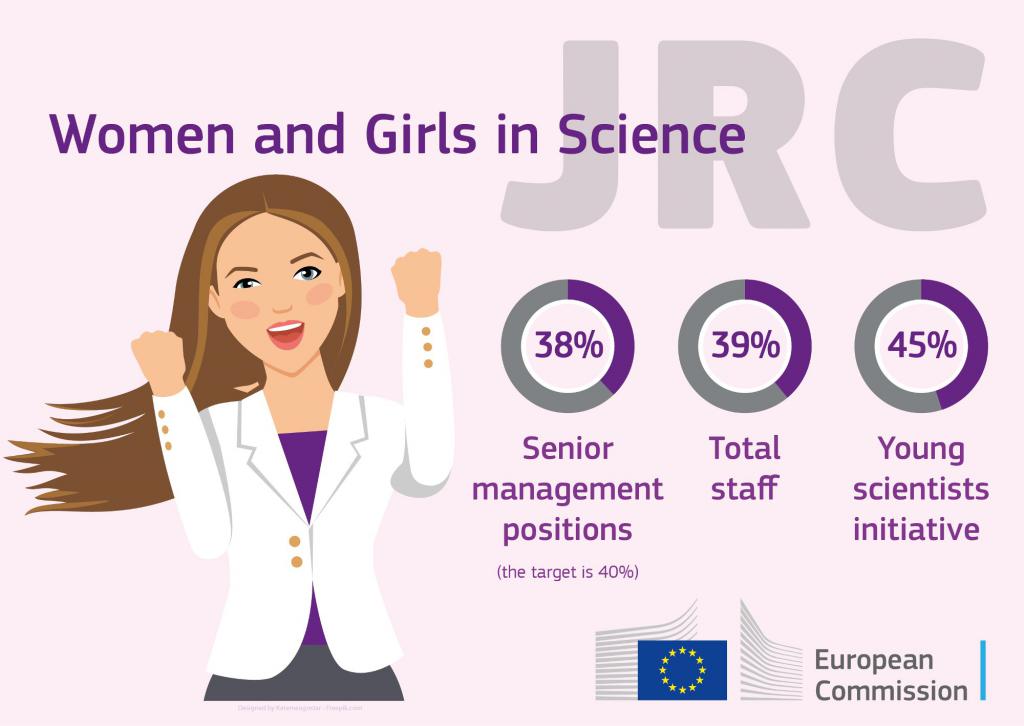
Marie curie is one of the most prominent female scientists whose name pops into our head when we talk about the history of the greatest discoveries in science. She was the 1st and the only person in history to win 2 separate Nobel prizes in 2 separate sciences (physics and chemistry), she pioneered in radiation science research and discovered 2 new elements. She was denied of the membership for the French academy of sciences based on the fact that she was a woman. Somehow, along the way, Curie was able to change the prevailing understanding of the world and the practice of medicine.
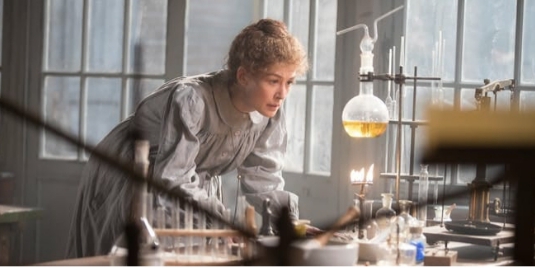
During that era, it was quite clear that women in science had to face immense social pressure, not only to be perceived as ‘feminine’ but also to prove that they were worthy of studying science.
But unfortunately, to some extent, sexism in science is still a major issue. Women are still perceived as less talented when it comes to science and technology. And this perception has a major effect on their careers. A recent study which analyzed the data of GitHub and open Softline community found that the researches written by women have a slightly higher approval rate than those written by men, but only if the gender was unidentified. But if the resume has declared that the writer is a woman, the approval rate has slightly dropped.
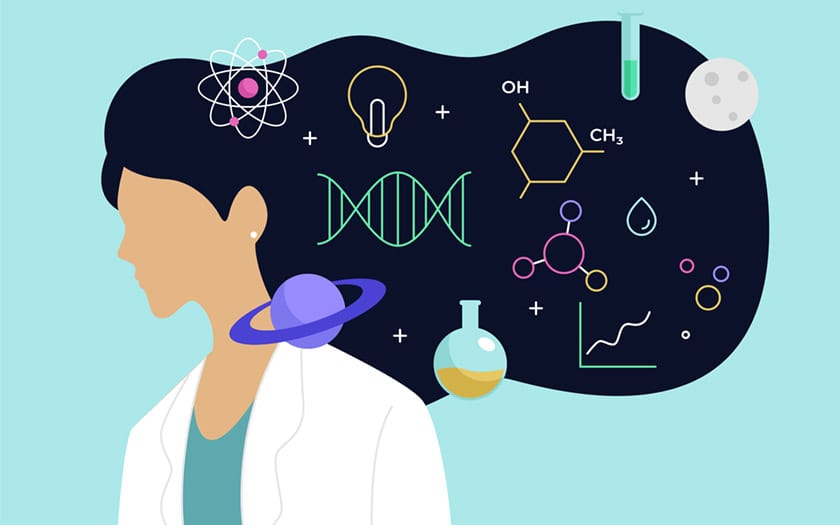
Science and gender equality are both vital for the accomplishment of the internationally agreed development goals which includes the 2030 agenda for sustainable development.
During the novel COVID-19 pandemic, the grave role of women researchers were clearly demonstrated in every part of the world from developing techniques for testing and finally creating the vaccine against the virus.
In our country too, Prof. Gathsaurie Neelika Malavige won the Inspirational Woman of the Year award at Women Top 50 Professional and Career Women Awards 2020 for the recognition and discoveries that were done related to COVID-19. This is one of the examples to prove that having more women scientists, doctors, healthcare service providers working in these fields as the frontline workers increases the diversity and expands the pool of talent. This brings in fresh perspectives, talents and creativity.
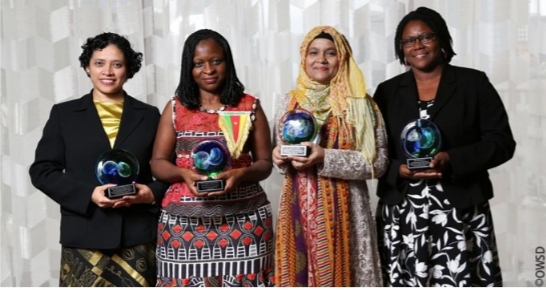
Over the past 15 years, the global community has made a lot of effort in inspiring and engaging women and girls in science. In order to achieve equal access and participation in science for women and girls, and to achieve gender equality and women empowerment, 11th February was declared as the International Day of Women and Girls in Science by the United Nations General Assembly, where this year’s celebration of the Day will address the theme “Women Scientists at the forefront of the fight against COVID-19”.
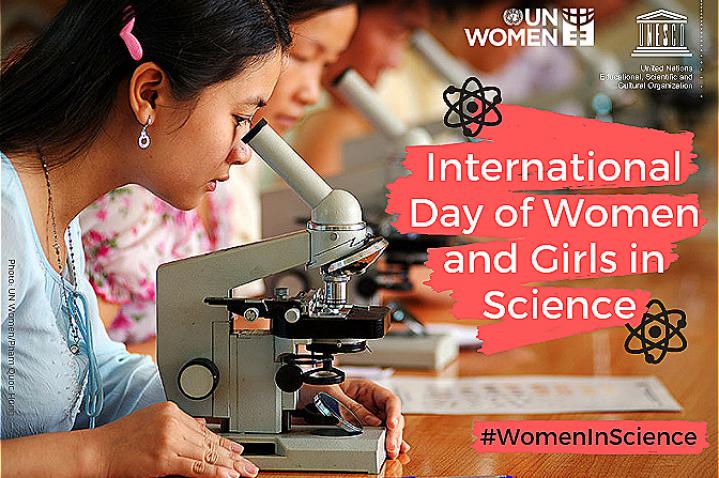
–
~Written by Rtr. Nipuni Malka Wijekoon
(Team I – RotaTomorrow)



😍😍❤❤good job nipuni
Awesome 👏🏼
Great work Miss Wijekoon